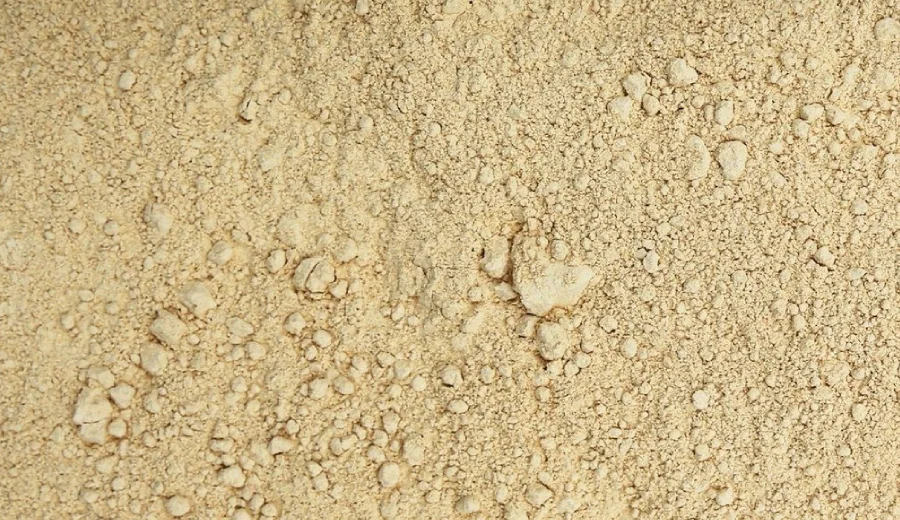
Known for its adaptogenic properties, maca has become a staple in natural health and performance nutrition. Partnering with experienced maca suppliers is essential to ensure product consistency, purity, and sourcing transparency. Through Nutrada, buyers gain access to a global network of trusted maca producers offering powder, gelatinized maca, and extracts in both conventional and certified organic forms.
Maca comes from the root of the Lepidium meyenii plant, which grows in the high mountains of the Peruvian Andes. Usually, the root is dried and ground into a powder, keeping its flavor and nutrients. People often use maca for its energizing and balancing effects. It is a superfood ingredient in supplements, and drinks.
Guarana, which has a lot of caffeine, is another superfood that increases energy. It can work well with the benefits of maca.
Maca comes in different colors, each with its own taste and benefits:
Maca usually comes as a powder, but you can sometimes find it as roots. However, it is not easy to find a maca root supplier.
Maca grows at heights over 4,000 meters in the Andes. It does well in tough conditions where few other plants can grow. The harvest season is from May to August, which is the dry season in that area. After picking, the roots are dried in the sun and then made into powder or extract.
Peru leads the world in producing maca, notably in the regions of Junín and Pasco. The country's traditional farming techniques and favorable climate contribute to the high quality of its maca. While some maca is cultivated in Bolivia and China, Peruvian maca is regarded as the best for its quality and authenticity.
Maca has been used since the Incan times for energy and stamina. Today, it is a popular ingredient in health foods, energy drinks, and stress-relief products.
Maca's popularity is growing as more people choose plant-based and clean-label foods. Gelatinized maca is especially liked because it is easy to use in wellness products. As demand increases, sustainability has become important. Suppliers are following organic and fair-trade practices. Maca is now found in pre-workout drinks, stress-relief teas, health supplements, and even skincare products.
As of 2023, North America accounts for about 40% of the global maca powder market. This growth is due to the increasing demand for natural supplements and health foods. Other big markets for Peruvian maca include Ecuador, Brazil, the Netherlands, South Korea, Germany, and Japan.
Nutrada connects buyers with trusted maca manufacturers. They offer raw or gelatinized powder in red, yellow, black, or mixed types. Most products come in 20-25 kg food-grade bags or boxes. Each product includes important documents like COAs, microbiological tests, and nutrient profiles.
Bulk maca is great for big uses like protein powders, supplement mixes, and wellness drinks. Nutrada allows you to compare suppliers based on where the maca comes from, the type of maca, and how it is processed. For packaging, options often include moisture-proof, vacuum-sealed, or nitrogen-flushed methods to keep it fresh.
You can choose to private label maca powders, capsules, or blends. These come in pouches of 100g, 250g, and 500g, and in jars with either 60 or 120 capsules. Nutrada's suppliers offer labeling, packaging, help with regulations, and fulfillment services. This support is ideal for e-commerce and retail brands looking to launch maca-based products.
Organic maca is grown without synthetic chemicals and meets Organic certification standards. Nutrada offers suppliers who provide organic maca that is dried at low temperatures. You can find both raw and gelatinized versions. These products are packaged in food-safe, light-blocking bags to keep them fresh during transport and storage.
If you want to buy maca powder in bulk, start your own supplement brand, or find certified organic maca, Nutrada can assist you. You can check out maca suppliers on Nutrada and make your sourcing simpler with clear information and confidence.